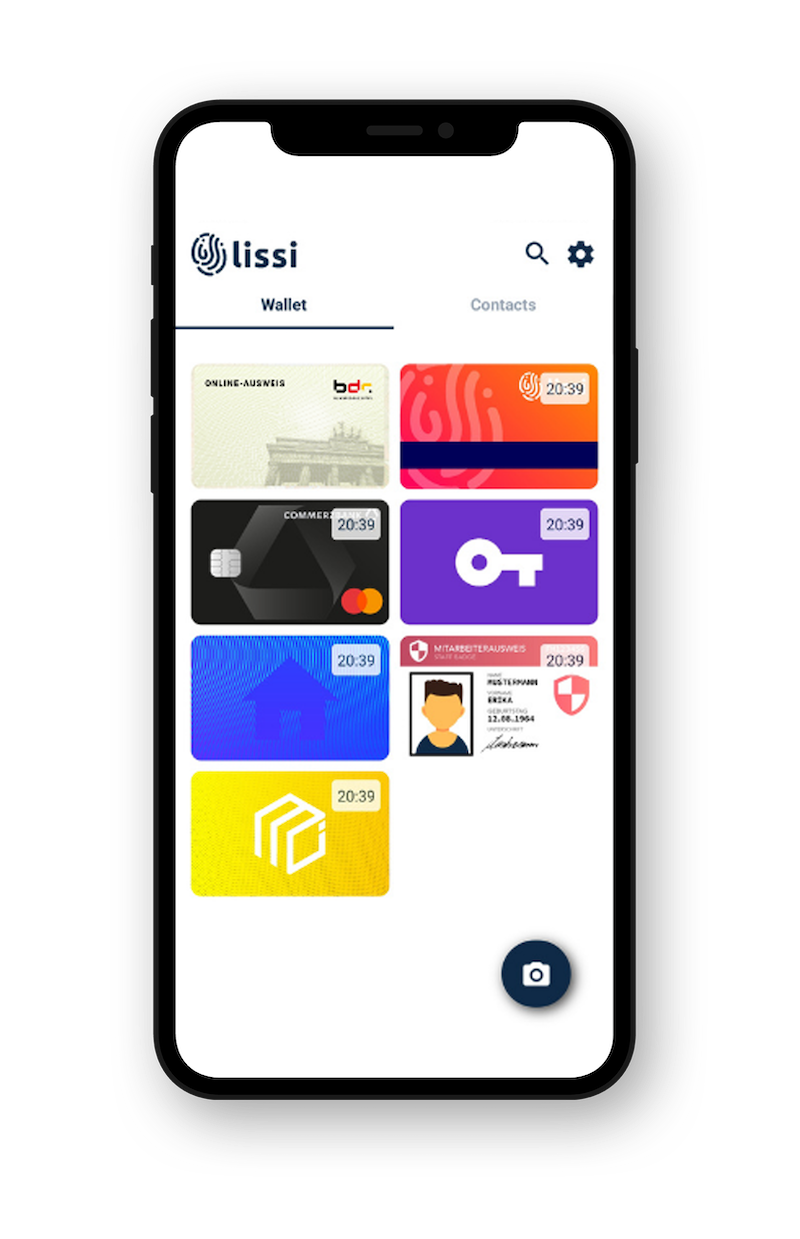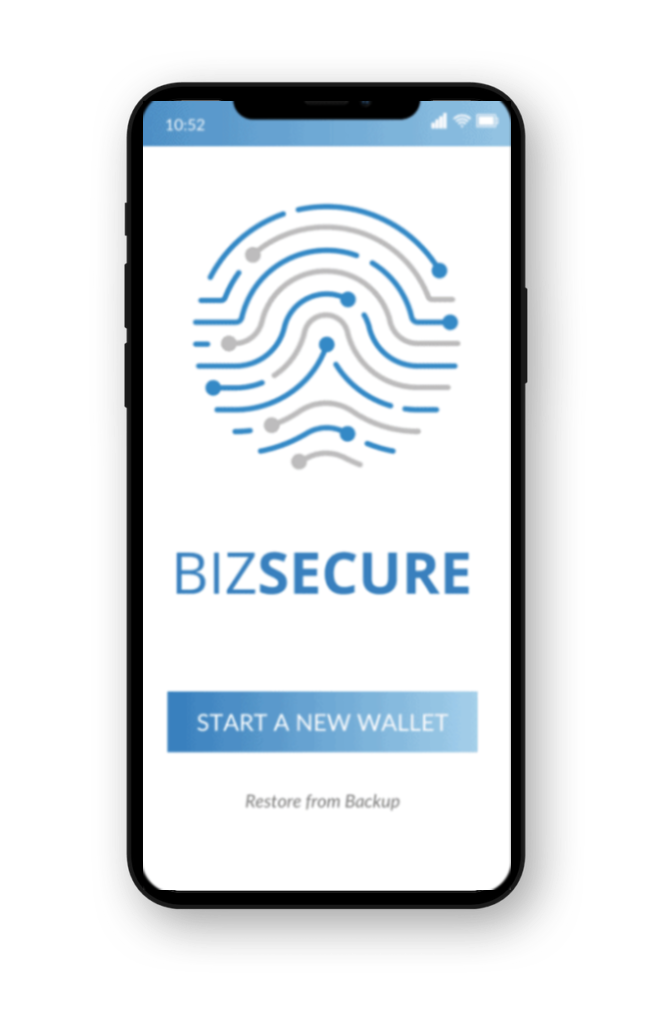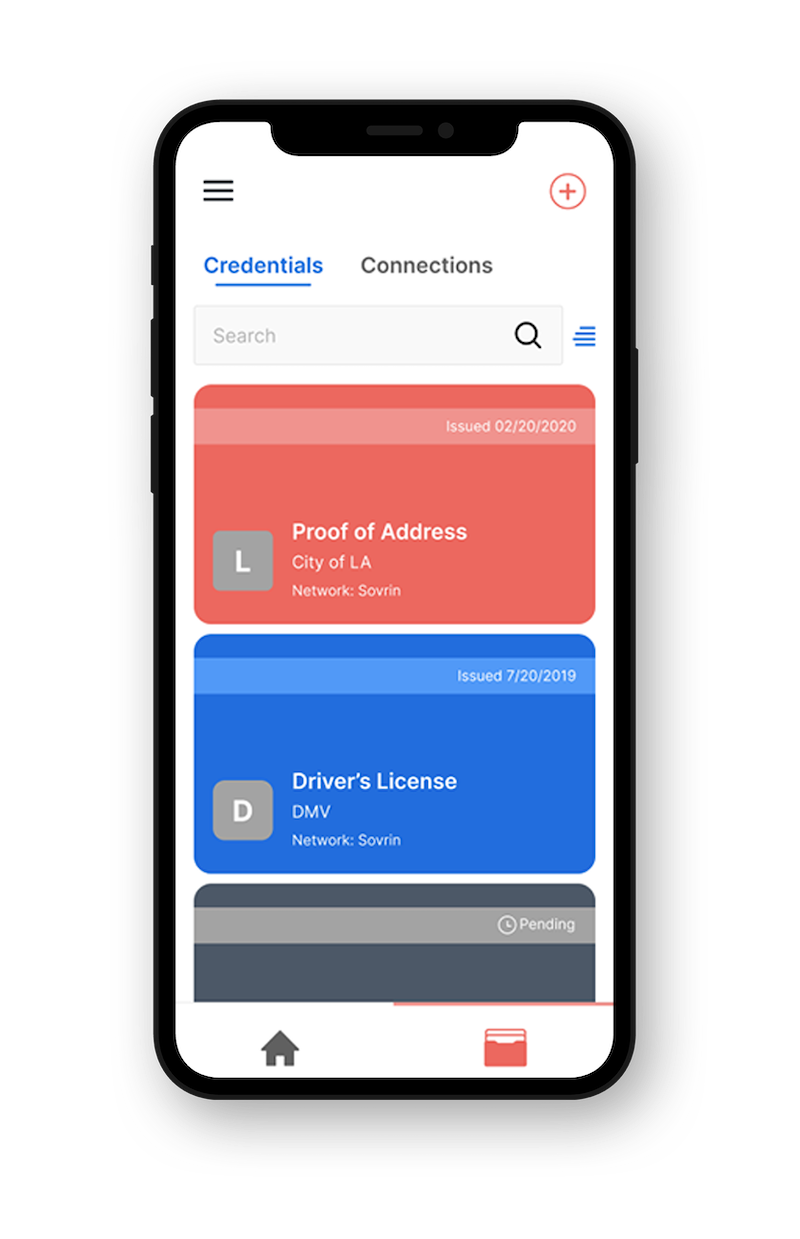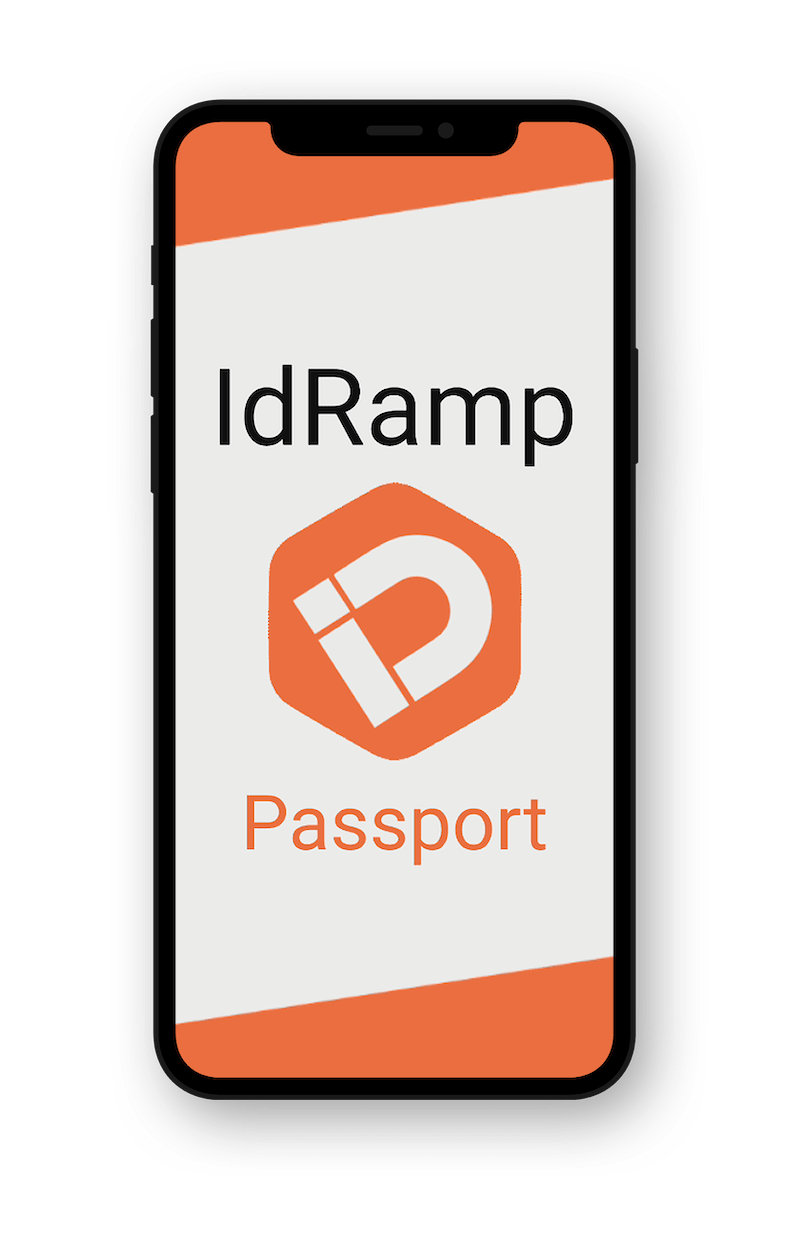One of the most successful applications of blockchain technology has been to the management of supply chains, making it possible to create a tamper-proof history of source, custody, alteration, and authenticity. But what role, if any, can decentralized identity play in making this technology even more useful?
By James Schulte
Digital identity is a core aspect of global supply chain management
Each point in a supply chain process involves the identity of a person, object, or entity. For example, that could be the farmer, the truck driver, the truck, the warehouse, the grocer, or the end consumer. Like any other transactional system, the verification of each identity in the chain is critical for a smooth, secure, and transparent operation. A blockchain without an identity component may only log information pertaining to the object, but lack the capability to verify the identities of the players involved throughout the process. This leads to information gaps, only giving companies and consumers a partial picture of what’s really going on.
As supply chains become more global and complex, the amount of risk involved grows. Companies are increasingly being held liable for the actions of 3rd parties associated with them, introducing a whole new component of risk that a company needs to mitigate. With the introduction of KYS (know your supplier) regulation in recent years, companies can incur major penalties for unknowingly having sanctioned parties participating in their upstream. Without the means to verify supply chain participants, companies risk dealing with sanctioned organizations and paying a hefty price.
Identity verification is no longer just a convenience; it’s essential.
Decentralized identity, which also depends on a blockchain, is a natural extension to the technology as it’s used. Based on the principle of immutability, it makes it possible for companies to prove, via a distributed ledger, the authenticity of goods as well as the identities of those that handled them, mitigating risk and providing for more transparency.
Simply put, you can’t create a secure supply chain without addressing identity challenges.
Identity means transparency in a supply chain
When it comes to achieving corporate social responsibility goals, decentralized identity technology enables companies to walk the talk. In recent years, younger demographics have flexed their purchasing power by actively seeking brands with ethical and sustainable supply chains, demanding higher transparency and accountability. Many companies pledge to only work with suppliers who meet stringent specifications.
A major challenge that many companies face, however, is their inability to have a clear, complete picture of their own supply chain. A company might be able to confidently attest that its tier 1 suppliers are making good on their ethical commitments to workers and processes, yet have no insight into the conditions of their suppliers’ suppliers, and so on. Nestle, for example, has struggled for decades to eradicate child labor from their cocoa supply chain. While many sociopolitical factors feed into this issue, the lack of visibility into their upstream suppliers is a glaring one. The further upstream the supplier, the harder it is for a distributor to manage how things are done.
Depending on the relationship, supplier and vendor information often goes undisclosed for strategic or competitive reasons, and this creates the conditions where environmental and labor transgressions can flourish. Retailers might vow to eliminate such practices from their supply chains, but be unable to identify and root out the bad actors. How can a company know its suppliers are ethically compliant if they don’t even know who they are?
With decentralized identity, companies are able to verify certain characteristics of their suppliers (i.e. ethical compliance, safety records, vendor scorecards, etc.) without relinquishing private and competitive information, thus raising the bar for all participants in the chain.
These verifiable attributes, connected to the supplier’s digital identity, are immutable and tamper proof. This capability holds suppliers and distributors to a higher standard, and eliminates empty corporate promises.
Verifiable credentials reduce cost of supplier vetting and onboarding
A key function of a company’s supply chain department is supplier management. Companies invest a significant amount of time and effort into managing their supplier partnerships, performing background, compliance, and quality checks to ensure their ability to reliably deliver. Large companies, like Apple or Microsoft, deal with thousands of suppliers who have been rigorously vetted and selected. Vetting and onboarding suppliers can be an arduous process, sometimes taking several months for a single supplier to be properly investigated and verified. Especially in volatile times where supply chains expand and contract on a whim, the ability to rapidly vet, onboard, or change suppliers is critical.
In a decentralized identity system, a supplier can be issued a “trusted supplier credential” that is recognized within a given ecosystem, and allows them to prove to potential customers that they comply with a certain set of required industry standards. This credential can help suppliers stand out in a competitive bidding pool, signalling to prospective buyers that they have been pre-vetted and verified. Procurement departments would be drawn to trusted, credentialed suppliers because the amount of effort and time required to onboard them would be greatly reduced. Adding verifiable credentials to supply chain blockchains is transformational, and creates value for manufacturers, vendors, and consumers alike.
At Indicio, we’ve worked hard to develop the ecosystem that makes these capabilities possible. Want to learn how this technology can be integrated into your current supply chain system? Drop us a line and let’s talk!








